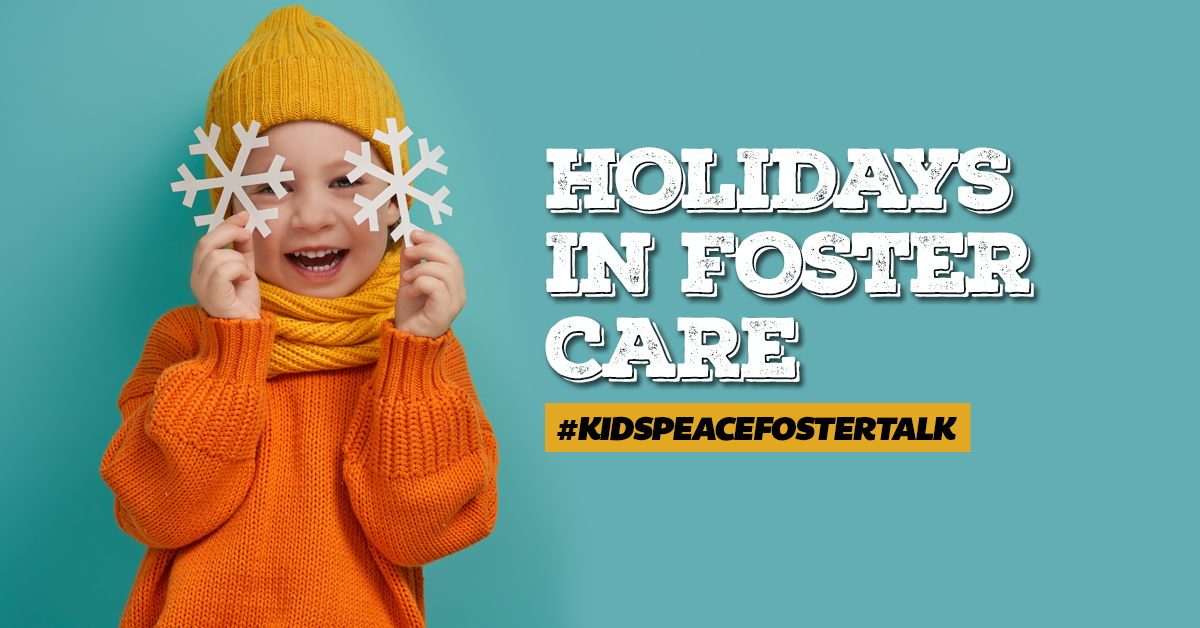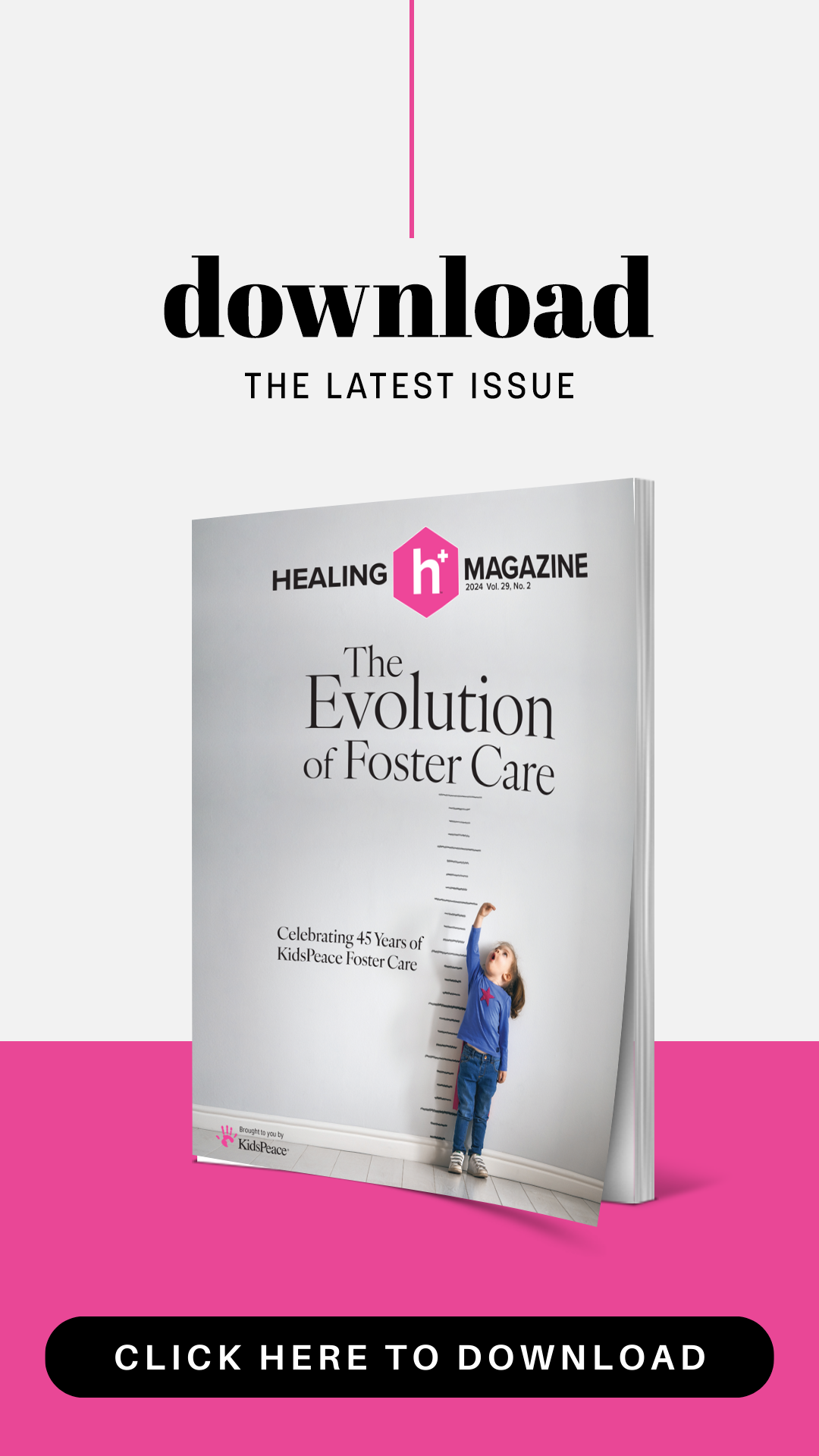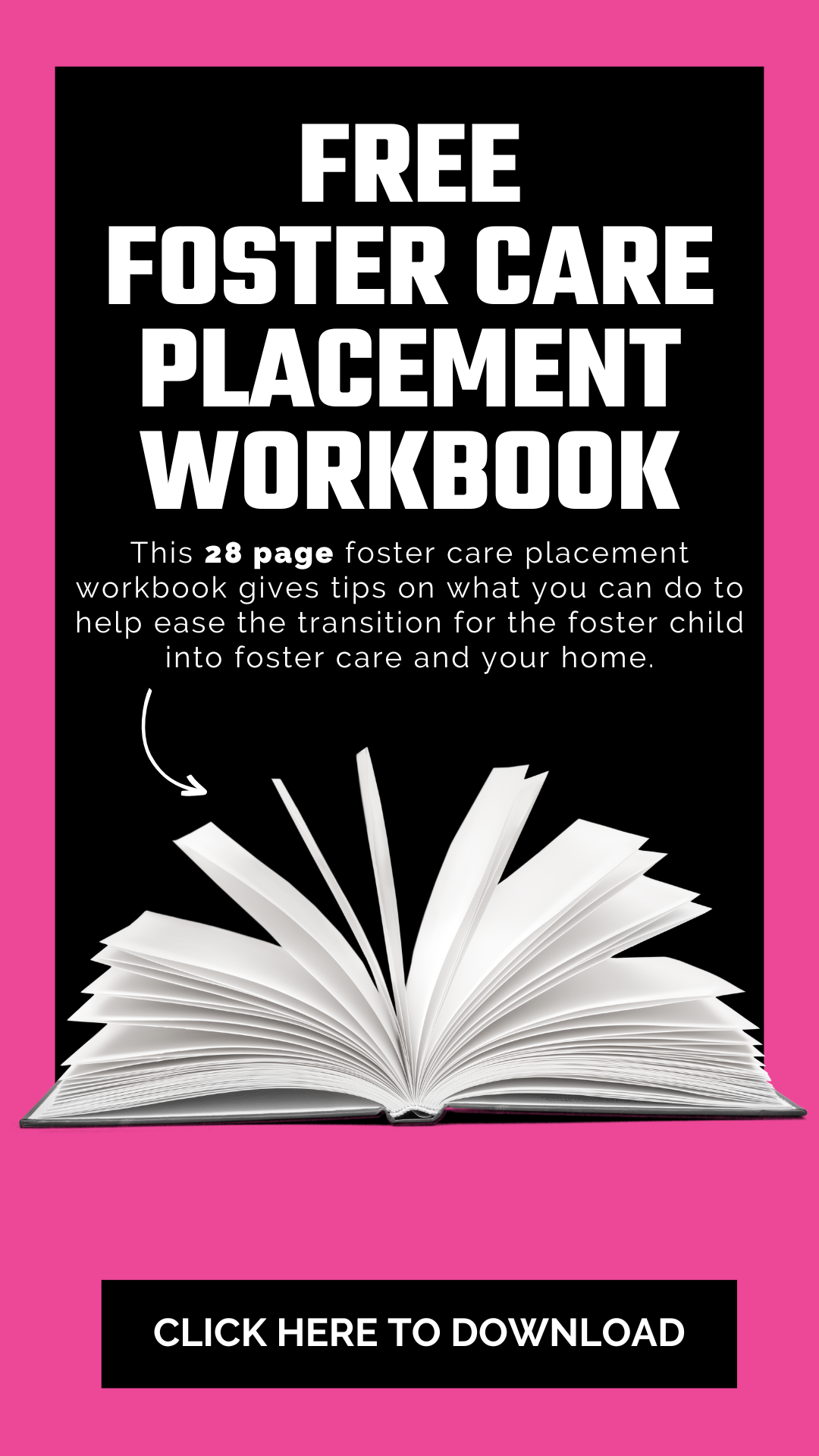
The holidays are special for many families, but Heather and Megan note that there are unique challenges facing foster households this time of year…
Heather
While the holidays are typically an exciting time for kids, they can be a very difficult time for some foster children, and the result can be problems with behaviors. I have the following words of advice for foster parents as they face the holidays:
1. Remember you are merging two families’ holiday traditions, and it is important to find out from the foster children or their biological parents what their holiday traditions are and see if you can incorporate them into your traditions.
2. Some kids have never experienced the holidays so have no idea what to expect. Letting them know your traditions can be helpful – especially for kids who struggle with change in routines.
3. Have realistic expectations; most people’s holidays are not like a Hallmark Movie!
4. Be ready to change your traditions and to help your family cope with any problematic holiday behaviors.
5. Kids may miss their biological families during the holidays and struggle with having the holidays without their parents.
6. If your holiday experience is much different than theirs with their family, the kids may not understand why you are doing such nice things for them when their own families were unable to do so.
When I adopted my two sons, the holidays were the hardest time for us. The holiday behavior issues would start when the Halloween decorations went up in the stores and not end until New Year’s. We had Christmastimes when my oldest would throw the Christmas tree down to the floor multiple times a day. My youngest would have behavioral issues at home, school and daycare. They were never able to tell me their trauma associated with the holidays.
I learned that my family traditions had to be pushed to the side, and I needed to do what they were comfortable with so they could feel safe. So on our holidays the kids (they are 20 and 19) get money in December to purchase what they want, and Christmas Day is treated as any other day that we might all be home.
Once I started “celebrating” in a way they felt comfortable the behaviors decreased dramatically. It was very challenging to put aside my own vision for the holidays and my experiences as a child of a wonderful holiday season that I wanted to share with my children, but I needed to do what was best for them, not what was best for me.
Megan
The rush of the holidays is here. It’s been here, really. Starting as early as September with Halloween candy and decorations already in stores. It’s energizing and exciting! It’s full of traditions and family memories. It’s busy and packed full of things to do, places to be, and food to eat.
As you might imagine, however, holidays in foster care are often times quite the opposite of what you see on TV or in magazine ads. For my family, we have experienced three holiday seasons with children in our care. Since we foster infants and toddlers, we do not necessarily see the trauma that is so common in older children around the holidays. Instead, we see the pain it causes the biological family to not be with their child on such special days. For us, we have walked the difficult line of feeling excited about celebrating our traditional holiday activities and being mindful of how lonely and depressing the holidays are for some people.
During the visits leading up to the holiday of the month (Halloween, Thanksgiving, and Christmas/New Year’s), I have made sure to include the biological family in what we have been up to in a variety of ways. I have used a notebook to write down what we’ve been doing, I have sent pictures of each big event via text, or I’ve printed photos to give to the family at the visit. We’ve allowed visits to be more flexible in order to fit in a visit to the mall so Santa photos could be taken, or arranged to drop off the child on Thanksgiving Day for their overnight to fall on the actual holiday. We’ve even met an additional day that week to get in gift exchanges closer to Christmas Day. My family has also always given a gift to the biological family from their child on the big gift-giving occasions- nothing big or expensive, but something to show we appreciate them and are still supporting their reunification. Typically it’s a framed photo of their child that they can display in their home or a handmade craft if the child is old enough.
I have found that even though the biological family is sad to be missing out on these traditions, they also would rather know what’s going on or get something a little extra than nothing at all. The more I have communicated with the biological family, the more relieved they have been to see he/she is happy and safe. I want to assure you, though, that not every communication or “olive branch” I have extended has been received with hugs and words of appreciation. It is exhausting to rearrange your packed calendar for these “extras” – and equally as frustrating when that effort goes unnoticed. But for the child and the biological parent, it really is important.
I always try to put myself in the biological parent’s shoes. I try to remember that despite their flaws or past mistakes, they are still a parent. And a parent’s love runs deep. The holidays can be a time when they realize just how bad things are or just how much they have messed up, and can make their flaws that much harder to deal with. It is not my job as a foster parent to fix the biological parent or judge their past, but it is my job to support them by being mindful of them and caring for their beautiful children as best as I know how, even if it’s just for a short time. So, with that mindset, it is my job to manage the holidays with sensitivity and flexibility.
KidsPeace has launched its “No Child Alone” annual holiday funding appeal in support of all its programs, including foster care. To learn more or to make a donation, please click here: www.kidspeace.org/no-child-alone


